At Hitek, we've talked a lot about fantasy and medieval fantasy, and today we'd like to talk about the Middle Ages through cinema. Don your gambeson and grab your finest sword, because we're offering you a journey through the history of the Kingdoms of France and England, feudal Japan and 15th-century Russia, Scottish Independence, and the dawn of the Third Crusade. Here we go with the 10 best films about the Middle Ages!
#10 Robin Hood: Prince of Thieves (1991)
Obviously, Robin Hood: Prince of Thieves is a film that has aged poorly. Although many elements seem to cross the line into kitsch and anachronisms should often be set aside, this retelling of the adventures of Robin Hood of Locksley is nonetheless very entertaining. While the film sometimes seems to be built to glorify Kevin Costner - also a producer - it remains memorable for fans of the much-missed Alan Rickman. We also appreciate the materiality of some of its scenes, shot in real settings, as well as its absolutely magnificent soundtrack by Michael Kamen. So yes, Robin Hood, Prince of Thievesisn't exactly brilliant if you take away its nostalgic candy side, but we still love it!
#9 The Northman, by Robert Eggers (2022)
After The Witch and The Lighthouse, which established him as one of the greatest architects of the revival of horror cinema, Robert Eggers has embarked on The Northman, which plunges us into the brutal adventure of Amleth, a Scandinavian warrior seeking revenge after the murder of his father. Starring Alexander Skarsgård, Claes Bang, Nicole Kidman, and Anya Taylor-Joy, The Northman is a violent film with absolutely sumptuous direction. While the film is not perfect, it is nonetheless an impressive historical reconstruction—with its share of anachronisms and errors—in perfect harmony with the artistic obsessions of its director, who, since his first feature film, has sought to explore the origin and nature of our legends and folklore. In The Northman, Robert Eggers recounts the legend that inspired William Shakespeare's play Hamlet. A much underrated film!
#8 The Last Duel, by Ridley Scott (2021)
After several films that strongly divided audiences, legendary filmmaker Ridley Scott has returned to (critical) success with The Last Duel. A great lover of France, Ridley Scott immerses us in 14th-century Paris. The knight Jean de Carrouges (Matt Damon) and the squire Jacques Le Gris, a friend of Count Pierre II d'Alençon, are preparing to fight in the last judicial tournament in the history of France, after the former accuses the latter of raping his wife during his absence. Written on the model of Akira Kurosawa's film Rashomon, The Last Duel will tell the story of the dispute between the two men from three different points of view, the last being that of the assaulted wife. Brilliant for its very careful direction, including some very brutal fight sequences, The Last Duel is also a great misanthropic film about the condition of women.
#7 Flesh and Blood, by Paul Verhoeven (1985)
The first Hollywood film by Dutch director Paul Verhoeven (RoboCop, Total Recall, Basic Instinct), Flesh and Blood plunges us into a violent, dirty Middle Ages, far from romantic and idealized imagery. Abandoning chivalric clichés, the filmmaker instead depicts a life of great harshness through numerous striking details. The clothes are dirty, the fights are brutal, and the characters have ambiguous morals, starting with the mercenary Martin, played by Rutger Hauer - the director's favorite actor. With its careful staging and its great violence, Flesh and Blood left a deep impression on audiences and undoubtedly inspired George R.R. Martin's Game of Thrones.
#6 The Name of the Rose, by Jean-Jacques Annaud (1986)
A clever adaptation of the legendary Italian writer Umberto Eco's first novel of the same name, The Name of the Rose plunges us into Northern Italy in the year of our Lord 1327; during a period of high religious tensions, Franciscan friar William of Baskerville (Sean Connery) and a young novice arrive at an abbey where monks have been found murdered. William then embarks on a fascinating investigation, which reveals the great schisms of the Catholic Church. While not as virtuoso as Umberto Eco's novel, The Name of the Rose is an impressive immersion into the 14th-century European Middle Ages, revealing some of its philosophical thought. This crime thriller benefits from high-quality artistic direction and a very talented cast. A cult film!
#5 Andrei Rublev, by Tarkovsky (1966)
In Andrei Rublev, Andrei Tarkovsky brilliantly captures 15th-century Russia with rare authenticity. The film, which follows the monk and icon painter Andrei Rublev, plunges us into a world torn apart by violence, power struggles, and Tartar invasions. While the meticulous reconstruction of the feature film is impressive - particularly for its costumes and sets - the film impresses above all in its ability to explore the painter's spiritual dilemmas with great intelligence, by asking this essential question when one is an artist: can one create beauty in a chaotic world? Andrei Rublev is at once a historical biography, a meditation on the human condition, and a treatise on the importance of art in a world of suffering. A truly great film! #4 The Seventh Seal, by Bergman (1957) In 14th-century Sweden, ravaged by the plague, the knight Antonius Block returns from the Crusades and defies Death. In this film - unanimously recognized as his greatest masterpiece - Ingmar Bergman offers an existentialist meditation on faith and the meaning of life, while exploring the tensions of the Middle Ages, between religious fervor and despair. More than a historical reconstruction, mixing austere settings, medieval costumes and an end-of-the-world atmosphere, Bergman delivers a powerful film, with a true artistic and philosophical identity. Two years after his directorial debut (The Man Without a Face), Mel Gibson directs one of the most important films of the last thirty years: Braveheart. It tells, in a fictional way, the heroic life of William Wallace, one of the heroes of Scottish independence, at war with King Edward I of England. Both epic and moving, Braveheart is a film that continues to impress viewers as much with its direction as with the construction of its story. Knowing how to iconicize its characters, it succeeds in making William Wallace a symbol of resistance and freedom. A masterpiece, for which we forgive the many historical errors!
#2 Kingdom of Heaven, by Ridley Scott (2005)
In more ways than one, Kingdom of Heaven is perhaps the most underrated film of Ridley Scott's career. Yet, watching the extended version reveals that it is truly one of his greatest masterpieces. By immersing us in the years leading up to the Third Crusade, the British filmmaker not only creates an epic saga; he also highlights the great tensions in the Middle East, which makes Kingdom of Heaven a film that is still relevant today. Of course, as in almost all the films in this selection, there are historical errors that may have surprised even the most avid history buffs; but the sets, costumes, battle scenes, and a good portion of the cast (from Eva Green to Edward Norton, including Brendan Gleeson and the great Syrian actor Ghassan Massoud) contribute to making Kingdom of Heaven an exceptional film.
Regarded as the greatest film in Japanese cinema, Akira Kurosawa's Seven Samurai takes a journey through feudal Japan during the Sengoku era. To survive the bandits who threaten to attack them, the inhabitants of a village recruit seven samurai to defend them. An iconic jidai-geki film, Seven Samurai is a powerful film, driven by engaging and perfectly characterized characters, as well as a meticulous reconstruction of 16th-century Japan. But its greatest strength is, of course, its universal themes and its tone, which oscillates between epic gravity and humor. Having captivated international audiences, Seven Samurai has inspired numerous westerns, as well as space operas, starting with George Lucas, the father of Star Wars.
And you, what are your favorite medieval films? Don't hesitate to tell us in the comments section. And if you want to discover the best works on feudal Japan, it's here.

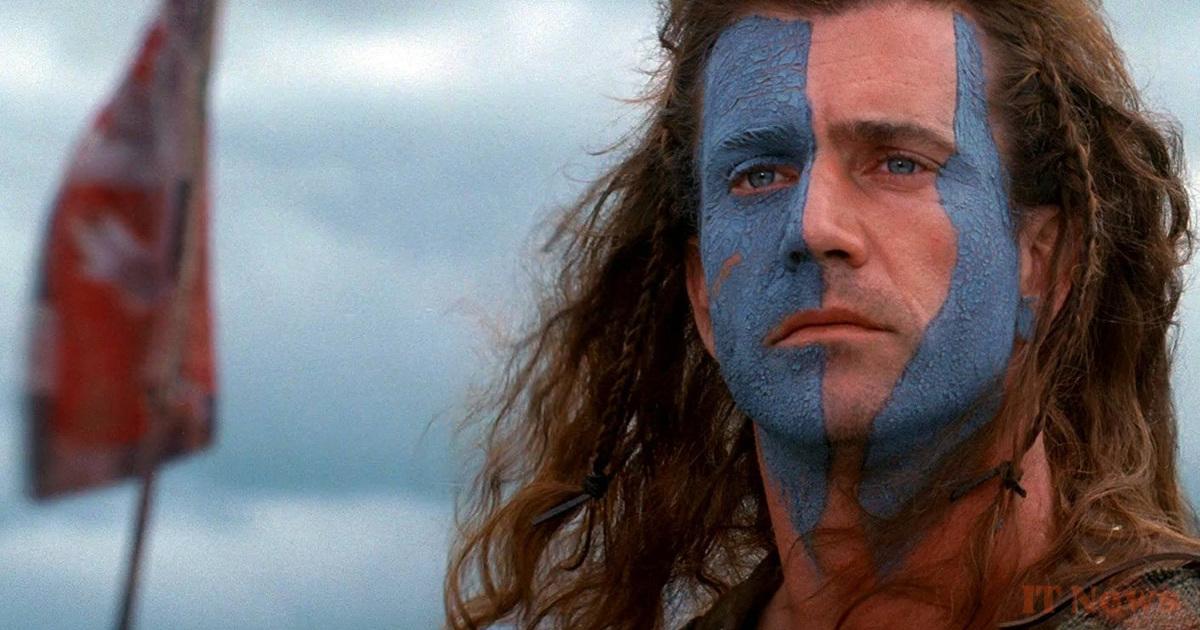
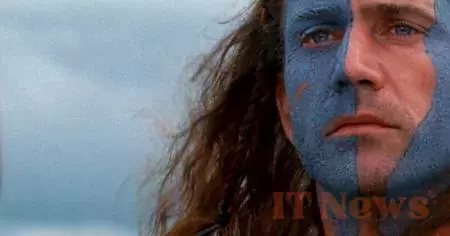
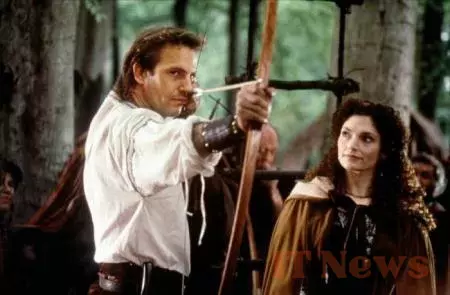
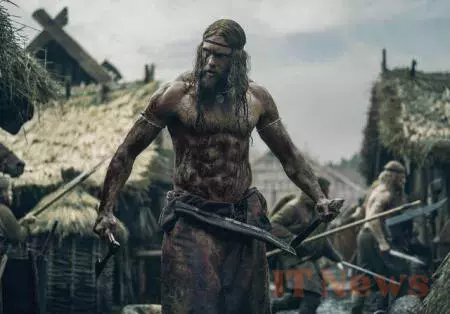
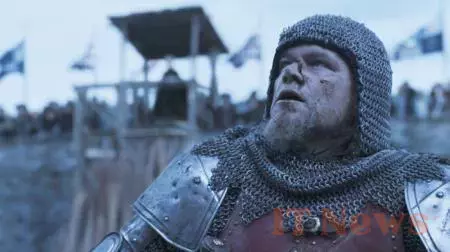
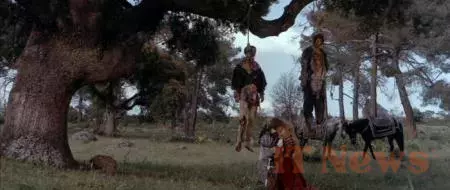
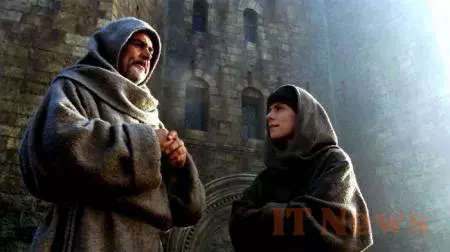
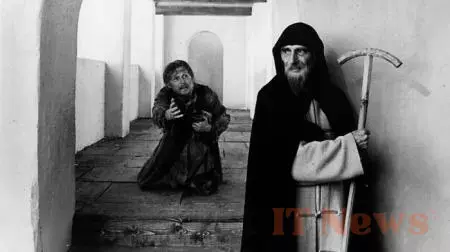
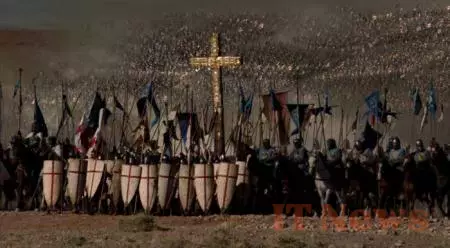
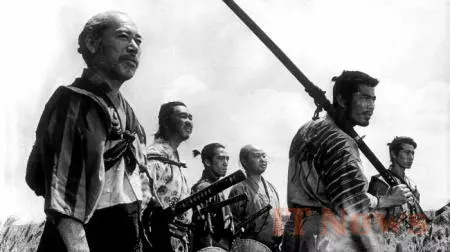

0 Comments